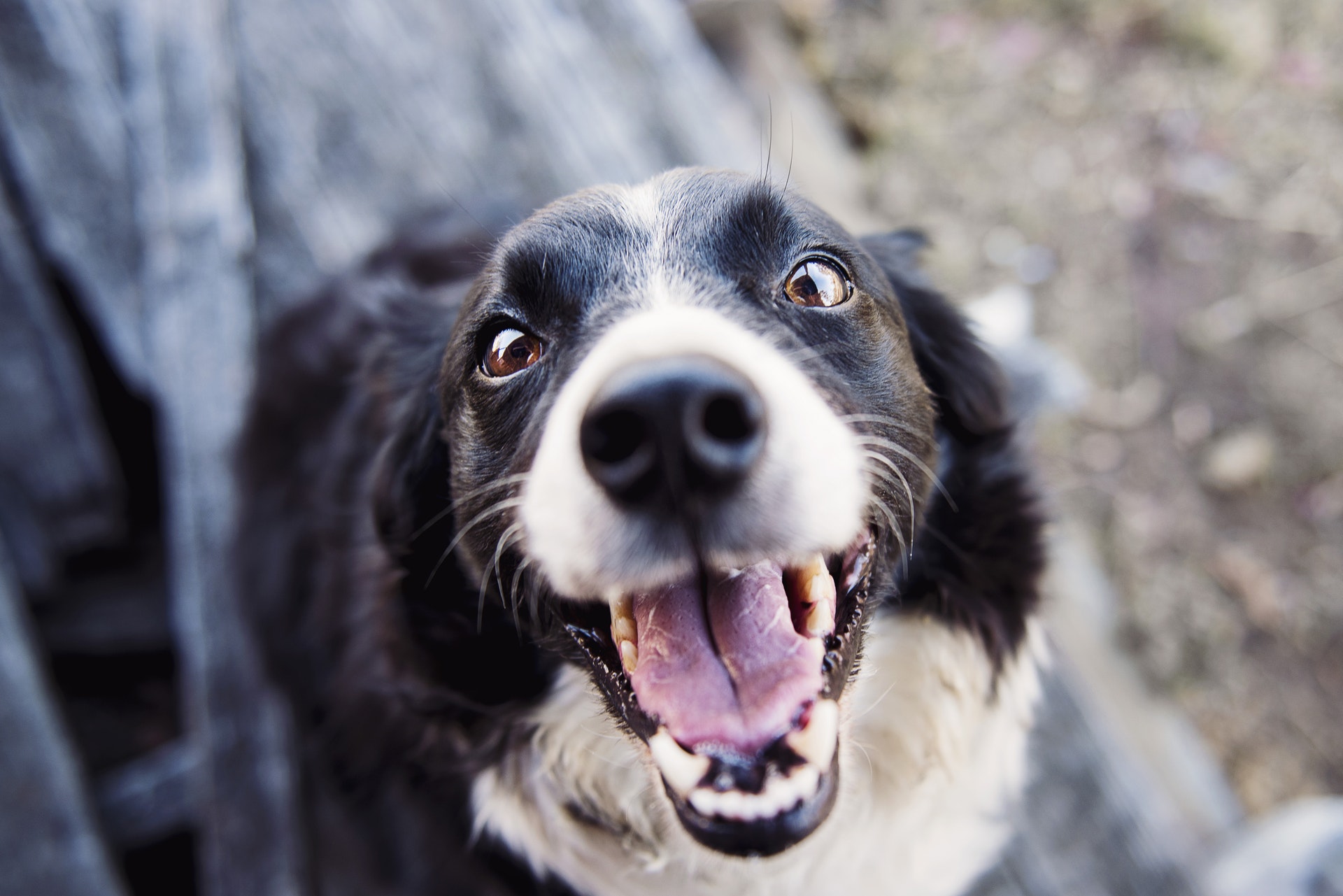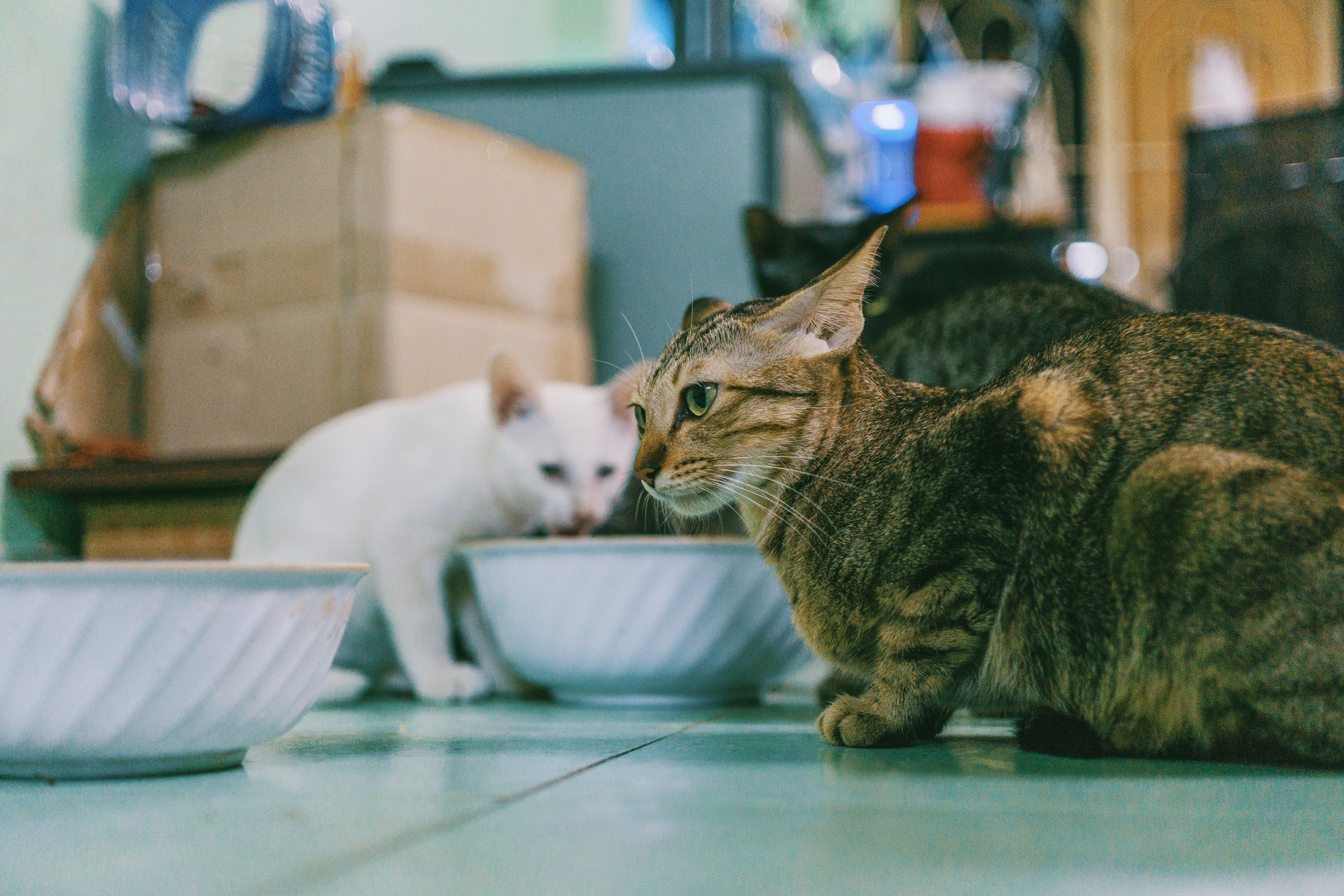By the start of fall, many families in Beijing, new or old alike, will have settled almost everything, from relocation or returning from their summer holidays to the preparations for the new school year. With all that out of the way, they can take a breather and can start considering adopting pets. Adding one of these furry fellows to the family is a big commitment, and there are major issues to take into consideration. Should this put you off? Not if you’re able to offer a forever loving home to these adorable rescued animals.

Please adopt, don’t shop!
Adopting a pet in Beijing is easy and if you’re considering it, check out our Pet of the Week series, courtesy of our content partners from the International Center for Veterinary Services (see more of their Adoptable Pets here). Alternatively, there are several WeChat groups that post announcements on pet rescues and funding for pet homes. Animals from these organizations, rescue volunteers, and owners are usually healthy with good temperaments.
Not ready to adopt? Please foster!
– Foster families are the critical factor in helping stray/rescued animals find their forever homes. Most rescued pets just need some time to live in a loving home to become socialized and to build trust with humans, increasing their chances of adoption.
– If keeping a pet permanently is not possible, then fostering for a few weeks or a few months or more can give you the loving companionship of a pet while helping him/her find a forever family.
Adopters, Beware…
– Breeding is a very new and largely unregulated industry in China. In the local market, pets for sale are bred for profit, meaning the animals are mated to produce many litters quickly. The puppies and kittens are usually weaned too early from their mothers and sold well before six weeks of age. The faster the animals are sold, the higher the turnover and more profit for the sellers.
– Inbreeding is a serious problem as breeders may have brought only a few breed-specific animals into the market, which were used to create multiple generations of pets for sale. Inbreeding may result in life-long health or behavioral issues that may not become apparent until the animal is older.
– A high percentage of purchased pets may have serious health issues or infectious diseases requiring extensive treatment and hospitalization (e.g., canine or feline distemper virus, parvovirus, coronavirus, feline infectious peritonitis, upper respiratory infection, gastrointestinal illness, skin infections, etc.).Once purchased, breeders will not refund the money even if the animal is sick or dies. A replacement animal may be offered for the deceased pet, which may also have health issues. Each purchase of an animal supports the pets-for-profit industry (like puppy and kitten mills), and reduces the chances of an existing animal finding an adoptive home.

There are officially designated animal rabies vaccination hospitals.
– Please ensure your pets are vaccinated at a legally registered and officially designated animal rabies vaccination hospitals in China.
– Only officially designated animal vaccination hospitals are permitted to procure legally registered and safe vaccines through the official government agency – the Agricultural Bureau, which imports legally registered, international rabies and distemper vaccines manufactured in Europe and North America.
– Only officially licensed and designated animal vaccination hospitals are allowed to purchase and administer legal animal vaccines in Beijing.
– Pet shops, grooming salons, boarding kennels, pet relocation agents, pet supplies retailers, animal sales markets, breeders, shelters and even many pet hospitals and clinics are not permitted to purchase safe and legally procured rabies and other vaccines. These facilities that do not have the official animal rabies vaccination hospital designation can only source vaccines from the black markets, which are unsafe and may be counterfeit, illegally smuggled, expired or improperly stored and ineffective. These create a risk for pets, their families, and the community.
– Please check your animal hospital to ensure it is an officially designated animal rabies vaccination hospital. Officially designated animal rabies vaccination hospitals must display a gold plaque awarded by the Agricultural Bureau featuring the hospital’s “Rabies Vaccination License Number”
– Note that vaccinations are required annually for pets in China. China does not recognize the 3-year vaccinations from US/Canada, EU, and other countries.

Register your dogs. It’s the law!
– All dogs must be registered by law and you may register one dog per household address. An unlicensed or unregistered dog is legally classified as a stray and may be taken away by the Public Security Bureau at any time.
– Large dogs may be registered outside the Fifth Ring Road. Check with your local Public Security Bureau precinct (police station) to confirm if large dogs are allowed (see more about the Beijing dog ownership regulations here).

Give pets only safe pet foods.
– Please use only legally registered, State Food & Drug Administration (SFDA)-approved pet foods in China. There are many illegally smuggled foods circulating in retail stores and through online vendors, and you should know that product recalls are not issued by manufacturers in countries where they do not officially sell their products.
It’s never too early to prepare for relocation.
– Whether you brought your pet to China or you adopted a pet locally, it is NEVER too early to learn the requirements to take your pet with you when the time comes to relocate. Some destination territories (like the EU, the UK, the UAE, Japan, Singapore, Australia, New Zealand, among others) require preparation lead times of 4-8 months before pets may be imported from China. ICVS conducts free monthly information sessions about pet relocation.
Photo: skeeze via Pixabay; Cartier Cartier, Burak Kebapci, Kat Jayne, FOX via Pexels
